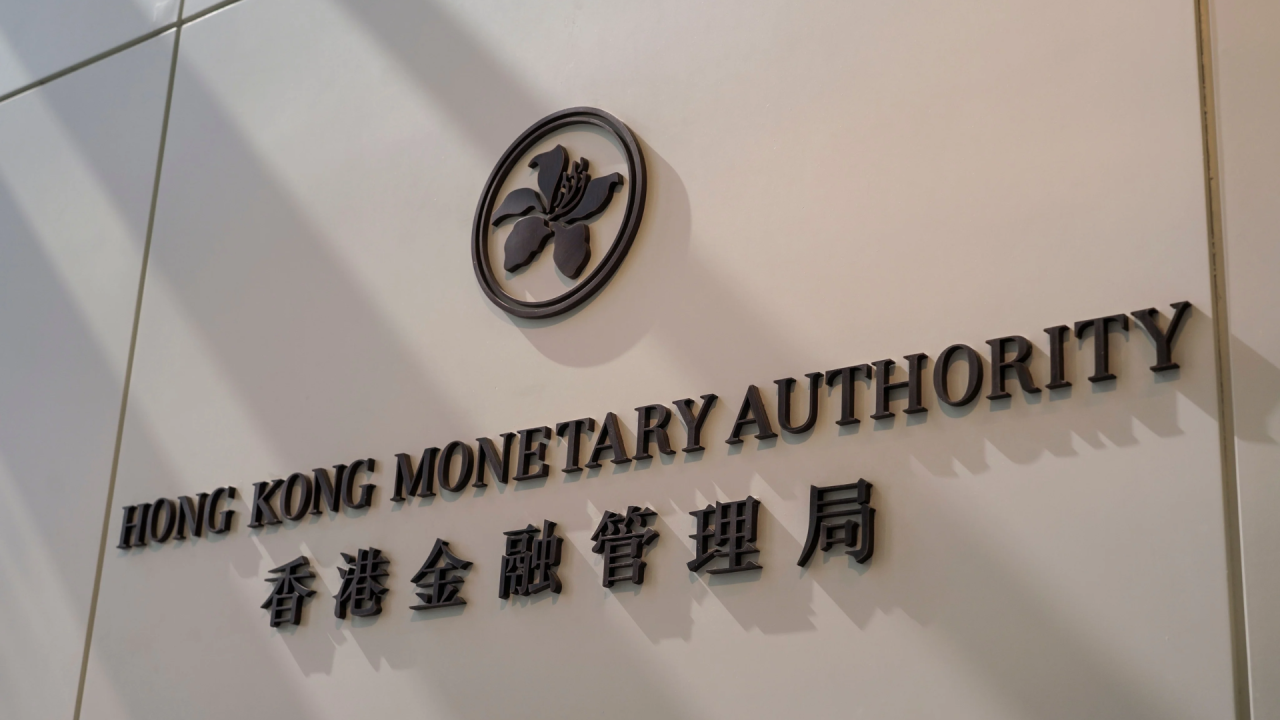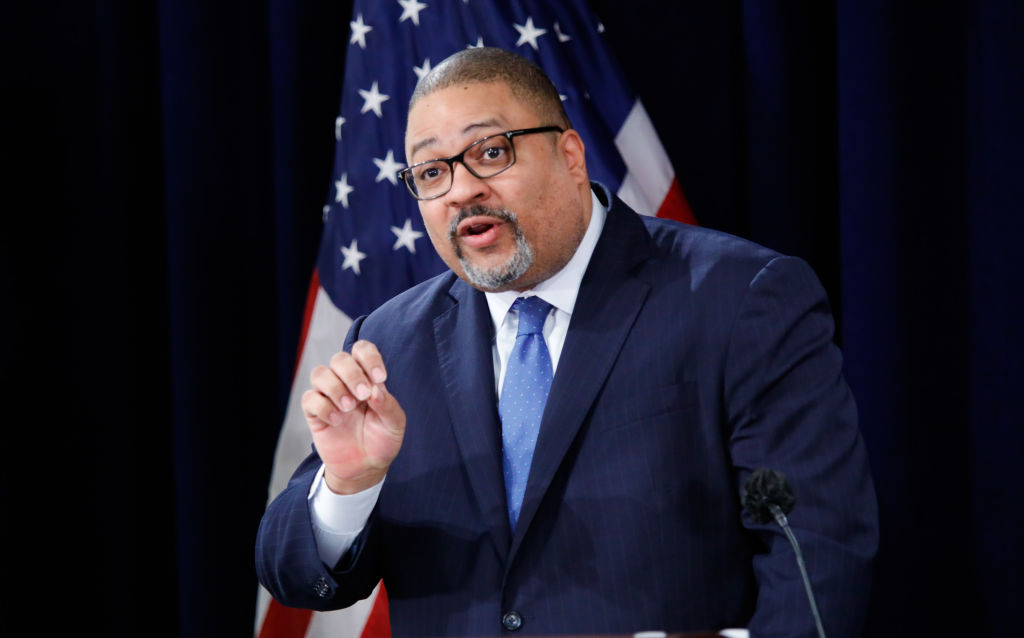The UK is formulating crypto strategy to remain competitive, focusing on stablecoins and staking services. This move follows Donald Trump’s pro-crypto stance, which has energized the industry.
The British government is currently in the process of establishing its regulatory approach for the cryptocurrency sector in order to preserve the country’s appeal as a destination for crypto businesses, according to the most recent reports.
This initiative was initiated in response to Donald Trump’s election victory in the United States, which has generated enthusiasm within the crypto industry as a result of his assurances of favorable regulations.
Legislative Roadmap for UK Crypto Firms
The UK Treasury intends to introduce legislation that will address two critical areas of the crypto space: stablecoins and staking services. Stablecoins, digital assets that are linked to more stable values such as fiat currencies, will shortly be the subject of regulatory discussions under the Financial Conduct Authority (FCA,).
Bloomberg also stated that the primary objective will be to “carve out” a new classification for staking services, which allow token holders to receive rewards and support blockchain networks.
The Treasury’s announcement is perceived as an effort to reestablish the momentum that had been suspended since the Conservative government of former UK Prime Minister Rishi Sunak lost its footing during a general election. This is particularly noteworthy. Sunak’s initial objective was to establish the United Kingdom as a prominent global center for digital assets.
Industry stakeholders have been anticipating clarification regarding proposed legislation amid the Labour government of Prime Minister Keir Starmer’s new leadership.
Crypto Strategy Amid Trump’s Win
The FCA is in the process of outlining its regulatory roadmap, which will include a phased release for a variety of crypto segments, beginning with stablecoins. According to the report, the forthcoming framework is anticipated to assist in “advising businesses on compliance and operations” in the UK market.
As a result of regulatory delays, there are still reservations among crypto firms regarding the allocation of resources to the UK market. Executives have noted that the European Union’s Markets in Cryptoassets (MiCA) regulation is on the brink of full implementation, which will serve as a competitive benchmark.
Industry leaders have urged the United Kingdom to promptly capitalize on what they perceive as a “second-mover advantage” as a result of this situation. The Crypto Council for Innovation, an industry organization, has underscored that the United Kingdom has the potential to become a significant participant in the crypto sector if it takes decisive action.



